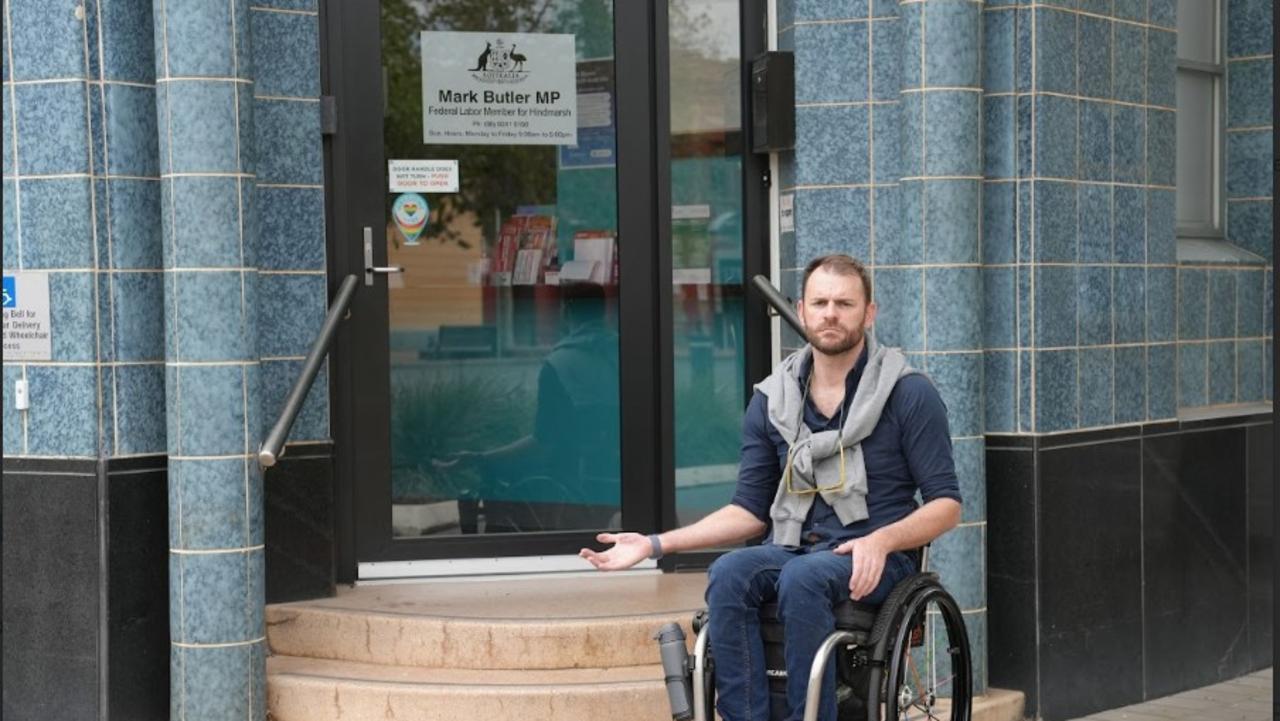Copyright Bangor Daily News

The BDN Editorial Board operates independently from the newsroom, and does not set policies or contribute to reporting or editing articles elsewhere in the newspaper or on bangordailynews.com. In America, we have strong differences of opinion about the future of our nation, state and towns. We disagree on priorities, policies and even who should lead us. Those disagreements — often used by political operatives to wedge us apart — have fed a growing distrust of our government and even of one another. We’ve seen the consequences recently, in a Congress that cannot do basic things like funding the federal government and keeping essential operations fully functional. And worse, we’ve seen it in deadly acts of violence. When small groups at political extremes emphasize fighting over collaboration, demonization over diplomacy, they pollute our discourse and make serving in public office unbearable for reasonable people. On Wednesday, U.S. Rep. Jared Golden unexpectedly announced that he would not seek reelection next year, citing the general dysfunction of Congress and the growing incivility in America. “After 11 years as a legislator, I have grown tired of the increasing incivility and plain nastiness that are now common from some elements of our American community — behavior that, too often, our political leaders exhibit themselves,” he wrote in a column in the Bangor Daily News. Golden, a Democrat who is serving his fourth term in the U.S. House of Representatives, also shared his fears for the safety of his family. “Recent incidents of political violence have made me reassess the frequent threats against me and my family,” he wrote in the column. “Up to now, my daughters have been insulated from the worst of it by their youth,” Golden added. “But as my oldest daughter reaches school age, the threats, the intolerance and hate that often dominate political culture, and my long absences, will be more keenly felt. As a father, I have to consider whether the good I can achieve outweighs everything my family endures as a result.” No matter what you think of Golden (and we’ve had our disagreements with him), no one should be forced to give up public office because they fear harm to their families or themselves. Or because they feel their work is in vain because partisan leaders prize disagreement and scoring political points over solving real problems. As Gov. Janet Mills said after Charlie Kirk’s killing “we’ve got to learn to disagree better.” We must find ways to voice our disagreements without vilifying others, without resorting to slurs and threats. It starts with the president of the United States. We are seeing, and living, the alternative. Earlier this year, a state lawmaker and her husband were killed in Minnesota. A conservative activist was brutally murdered in front of a crowd in Utah in September. The home of Pennsylvania Gov. Josh Shapiro was firebombed in April. And two attempts were made last year on the life of President Donald Trump. Beyond the sheer terror and chaos of such violence, these acts — and the general coarsening of our discourse and behavior — are driving people away from public service. In September, the chair of the Bangor City Council, Cara Pelletier, resigned, citing personal attacks. While Pelletier said that holding public office “invites scrutiny” and constructive criticism from the public can be helpful, she noted in her resignation letter that she has “experienced personal attacks beyond what I consider to be the reasonable and expected demands of public office.” “Public service is an honor, yet I do not believe it should come at the cost of one’s health,” she wrote. The Bangor City Council is struggling to handle grossly inappropriate comments made by audience members during council meetings. Recent meetings, which allow participation via Zoom, have been interrupted by outbursts that include racial and homophobic slurs. Neither the hateful comments nor the response from a councilor that drew a censure from his colleagues is appropriate. Thankfully, current councilors and those elected to the council this week have prioritized changes, including consideration of ending the Zoom component of meetings. From Bangor to Washington, and across the country, the inappropriate, sometimes threatening, behavior of a few is degrading government for everyone. It must stop.



